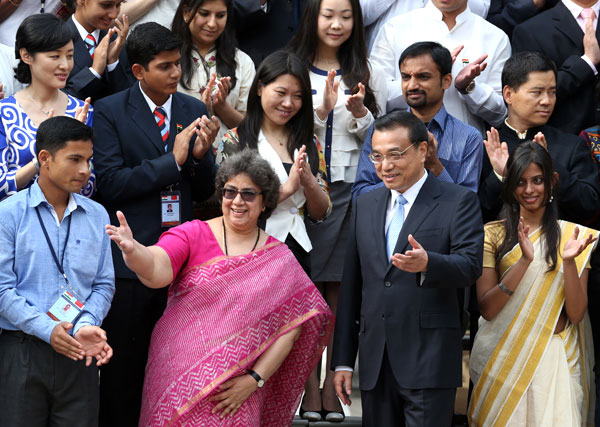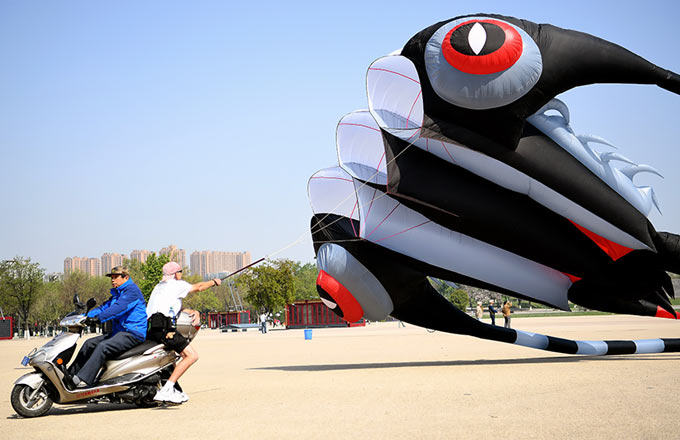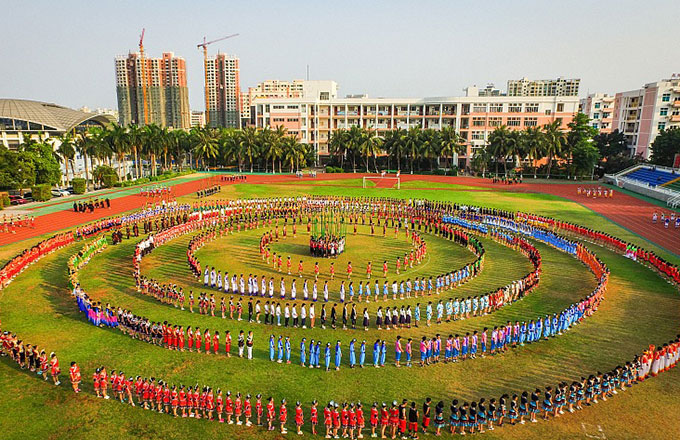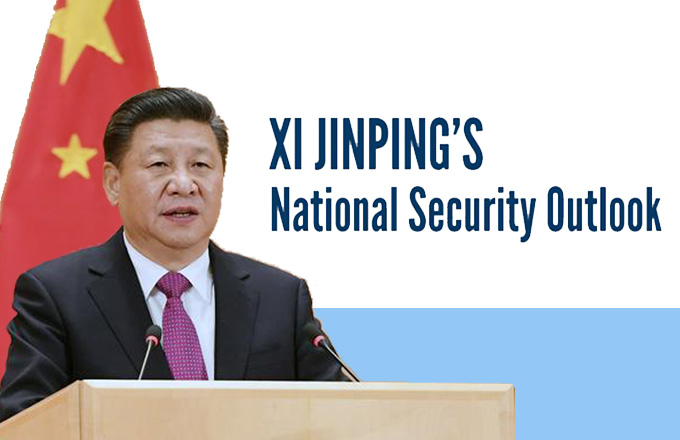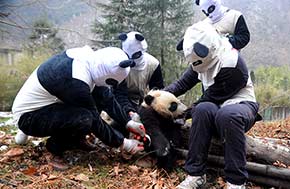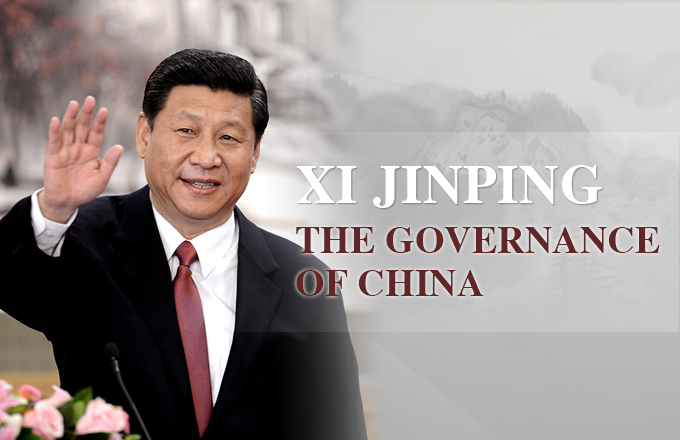Premier eager to return to India
There are so many reasons for China to choose India as the first stop of Premier Li Keqiang's overseas debut after taking office. And for the premier himself, there is one more reason — to return to the land where he once set foot 27 years ago.
Li told a visiting delegation of Indian young people on Wednesday that the trip left an impression that will last in the rest of his life.
"I visited India as the head of China's youth organization 27 years ago, and what I saw and felt during the trip — the Taj Mahal, prestigious Indian universities and research institutes, and the warmth and hospitality of the Indian people — left a lasting impact on me."
The premier made the remarks in a speech to the 100 visiting Indian young people at Zhongnanhai, headquarters of the central government in downtown Beijing.
"In a few days, I will make India the first stop of my first overseas visit as the premier of China. I've made this decision not just because India is an important neighbor and one of the most populous countries in the world, but also because of the seeds of friendship sown during my own youth," he said.
Li is to pay official visits to India, Pakistan, Switzerland and Germany, starting on Sunday, in his first overseas trip as China's new head of government.
The youth delegation was invited by the All-China Federation of Youth for a 10-day trip to China from Monday.
Calling India a "friendly neighbor and natural partner", Li said it will be a blessing on Asia and the whole world if the two neighbors can get on well, respect each other's concerns and properly handle differences.
Public diplomacy
"Our two countries must shake hands and conduct exchanges so that together we can raise the standing of Asia in the world and truly make Asian economy an important engine for world economy.
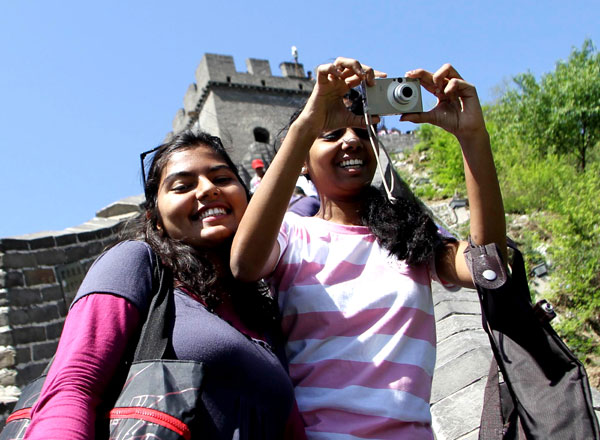 |
|
Members of the Chinese-Indian Youth Delegation pay a visit to the Great Wall in Beijing on Tuesday. Guan Xin / China Daily |
"It's so good to see the young people in China and India getting on so well with each other."
He encouraged the young people to realize the pragmatic and long-term significance of the ties between Beijing and New Delhi and make efforts to push forward the key relations.
Hu Shisheng, an expert on South Asian studies at the China Institutes of Contemporary International Relations, said Li's meeting with the Indian youth "reflects the importance Beijing attaches to public diplomacy with India" and has come at a good time.
Upon their arrival in Beijing, Indian Ambassador to China S. Jaishankar held a reception for the delegation. He told them that China will become the most important nation for India in the future.
After spending four days in the capital, the delegation will visit Wuhan, a fast-developing city, and Shenzhen, the pioneer of China's economic reform three decades ago.
The meeting with Li is the most exciting event of the trip for Dr Vrishali Randhir, an associate professor from Pane University who is also a co-leader of the youth delegation.




